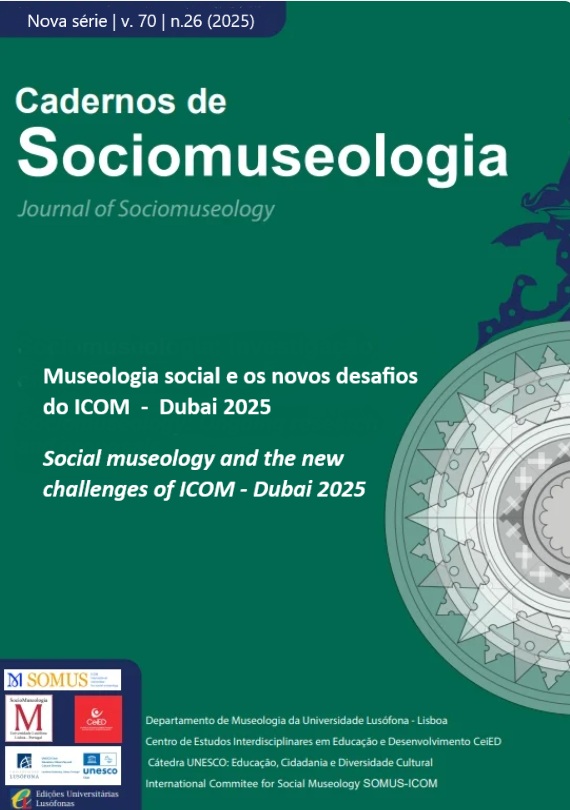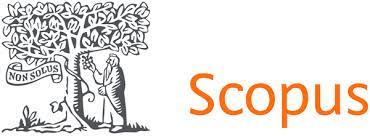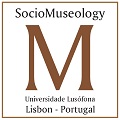Reframing Heimat museums: A museum analysis of local communities’ participation and belonging - including Case studies
Including Case studies
Abstract
Heimat museums – small, community-driven museums prevalent in rural Germany – represent one of the most widespread, yet under-recognized, forms of museums in the country. They serve as sites of memory and local identity. Despite their widespread presence, they remain statistically invisible and are often excluded from international museological discourse. Heimat museums challenge traditional professional museum hierarchies and offer distinctive contributions to current debates about museums’ social roles. This article, based on museum fieldwork carried out during a 2025 research seminar at the University of Tübingen, explores how these institutions operate at the intersection of memory work, volunteerism, and local identity-making. It places Heimat museums in dialogue with alternative museologies, particularly Social Museology, and analyzes how they reflect or diverge from the values embedded in the 2022 ICOM definition of museums. Drawing on student case studies and seminar discussions, we show that while Heimat museums may fall short of professional standards, they enact modes of participation, inclusivity, and enjoyment that align with new expectations. We argue that their informal, community-based character both complicates and enriches the evolving global understanding of what museums are and what they can be.
Keywords: Heimat museums, Wild museums, Museum analysis, Social museology, Volunteer-based museums
Downloads
Authors retain copyright and grant the journal right of first publication with the work simultaneously licensed under aCreative Commons Attribution License that allows others to share the work with an acknowledgement of the work's authorship and initial publication in this journal.













